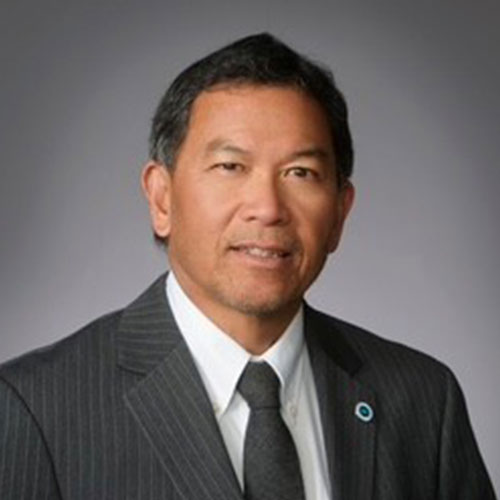Each year, the increasing shortage of urologists providing care in rural areas has deteriorated to such a point that the consequences are now lethal.

Peter N. Bretan, M.D., FACS
President, American Association of Clinical Urology
The delay in the diagnosis of bladder, kidney, and prostate cancer contributes to this. Screening for the most common cancer in men, prostate cancer, is often nonexistent, contributing to delays in diagnosis, and lower 5-year survival rates, with up to 20% higher mortality rates. 60% of U.S. counties lack urologists. Only 9% of urologists cover rural areas, while 20% of Americans live there, and these rural residents are older, poorer, and sicker than their urban counterparts.
Solutions for better rural urological care
Medical training loan forgiveness has been successfully implemented for primary care programs, and while there are bills perennially proposed to accomplish this, consistent and dependable funding remains elusive.
The use of telehealth has been shown to provide non-inferior care, and bills incentivizing this modality for timely urologic access should be maintained post-COVID.
The use of mobile health clinics can decrease travel requirements for rural patients; however, specialty care availability is still inconsistent.
While all possible solutions should be vigorously pursued, urologists must become much more proactive in the rapidly changing technological and political world we live in.
A culture of payback must be nurtured in those promising students well before they graduate from medical school by strong mentoring and exposure to opportunities for medical volunteering, which are known to prevent professional burnout, common in urologists. Professional medical organization leadership, prostate cancer screening, rural call coverage, and medical missions are all great volunteer opportunities, and these areas can all expose urologists to patient altruism and advocacy.
What AACU is doing to help
The American Association of Clinical Urology (AACU) is dedicated to helping students and surgical residents, as well as young and established urologists, be placed in rural areas by providing mentoring. We stress the fundamental importance of the doctor-patient relationship, which is sacrosanct and the foundation of the practice of medicine. With this background, the need for advocacy and altruism for all patients is elucidated. For more than half a century, this has motivated our founding and past leaders in helping remove obstacles for medium and small practices to flourish. This is needed for rural America, now more than ever. Our membership is now open to all who practice in all aspects of clinical urology to help accomplish this.
AACU supports our members in patient advocacy at the legislative level, locally, statewide, and nationwide. We monitor both beneficial and obstructive bills and mobilize to direct our united voice to the appropriate legislators, so they understand how these policies and potential laws can help or harm our patients.
On a personal note, after a 20-year career as an academic transplant surgeon, I have come back to my roots, working in a rural agricultural region known as the “salad bowl of America”, as a general urologist serving Santa Clara, San Jose, Santa Cruz, and Monterey counties in California, providing care for farm laborers as I was. I know what it is like to lack vital medical services as a child, needing to be transported for care miles away. Nevertheless, as the son of a farmer, I would not be alive if not for rural hospitals and doctors. I treasure the opportunity for payback in these settings.
The solutions discussed are not just concepts for success in these settings, but their considerations are vital in ultimately solving the shortage of care. Saving one life is precious — I am living proof — but improving the whole system is miraculous, and we should all aspire to achieve that goal. Rural care not only saves lives but also nurtures those who will replace physicians like me. All urologists in America should join us to help save lives and better themselves through patient altruism and advocacy.

